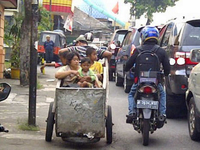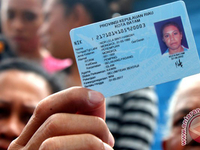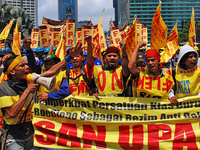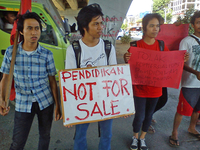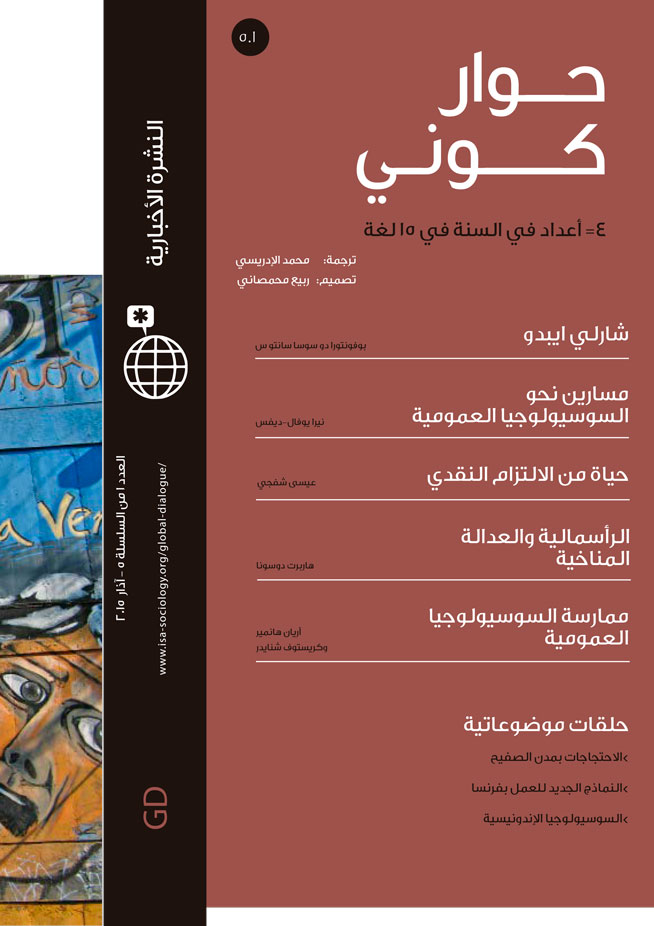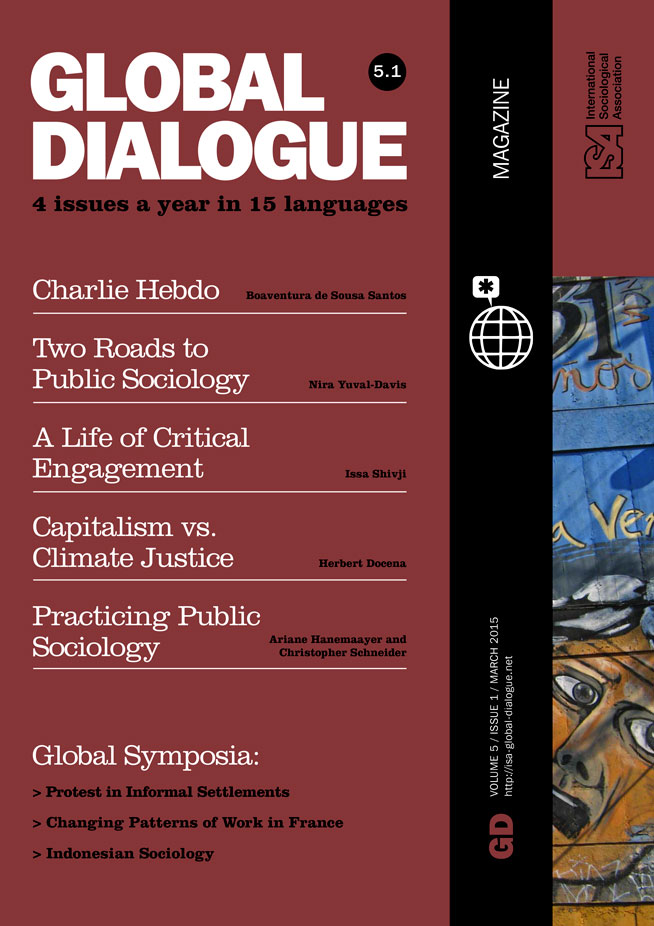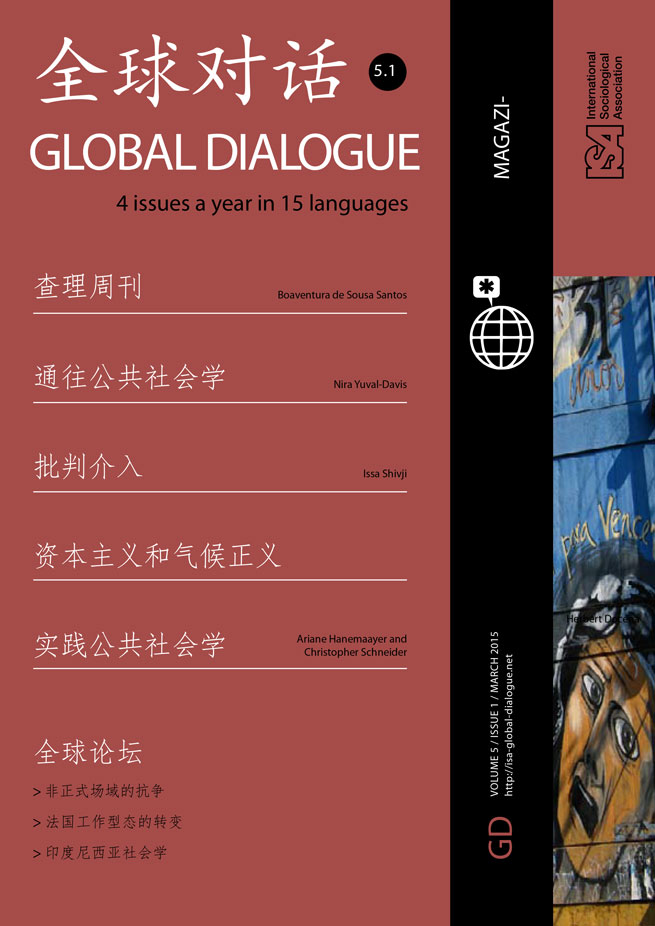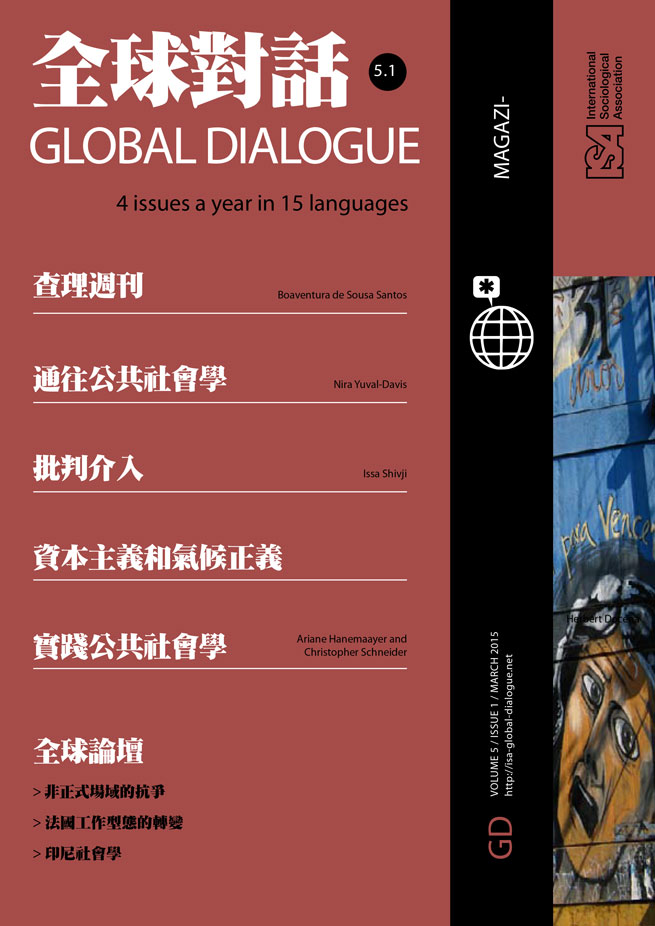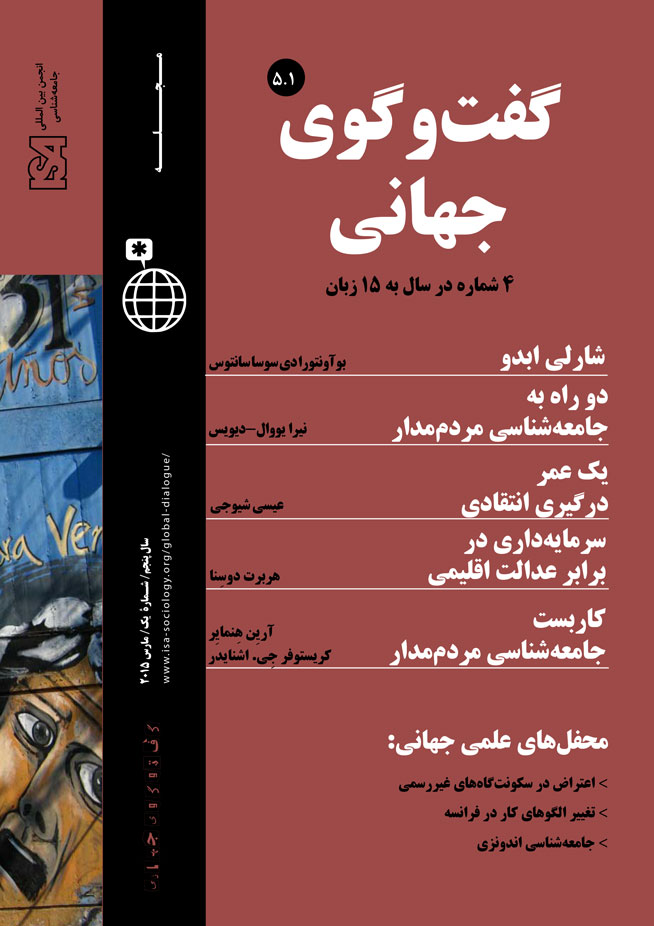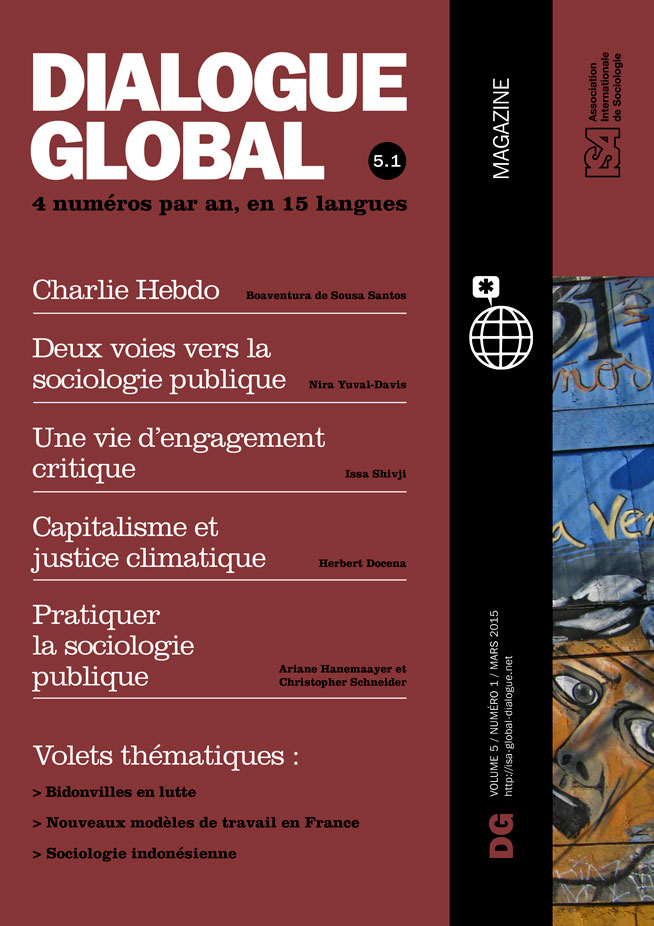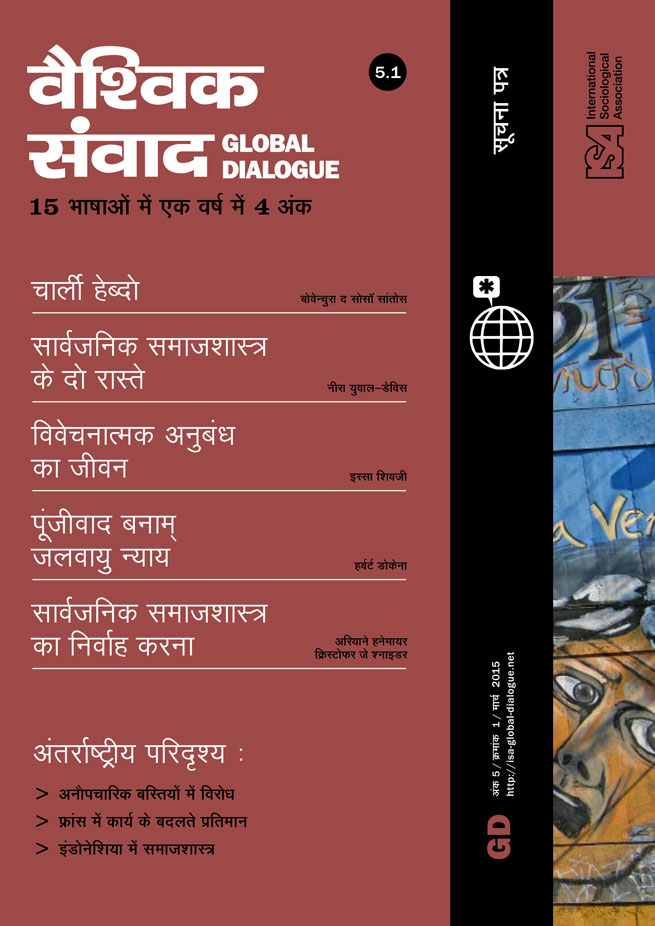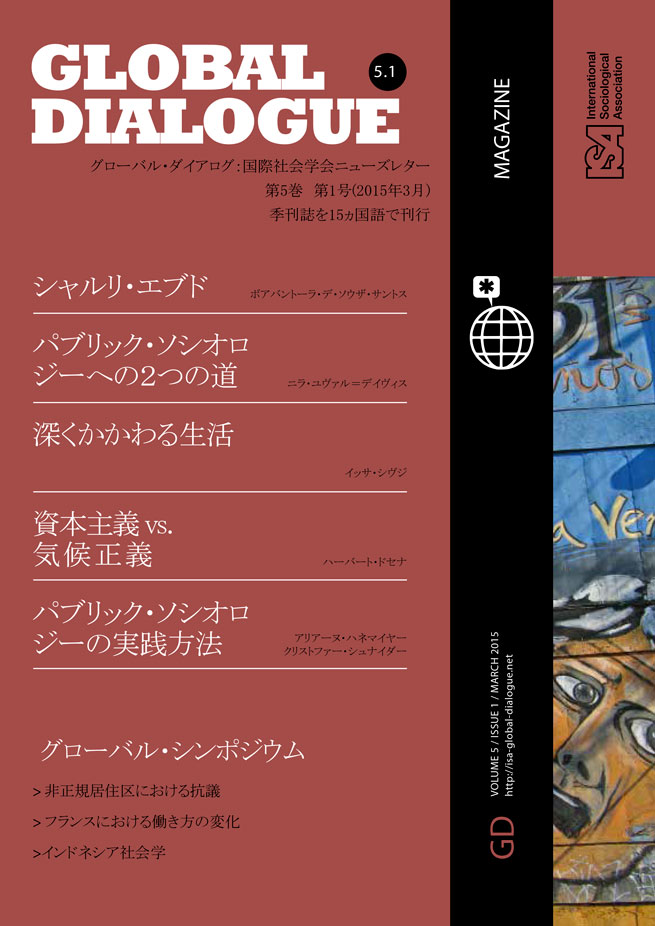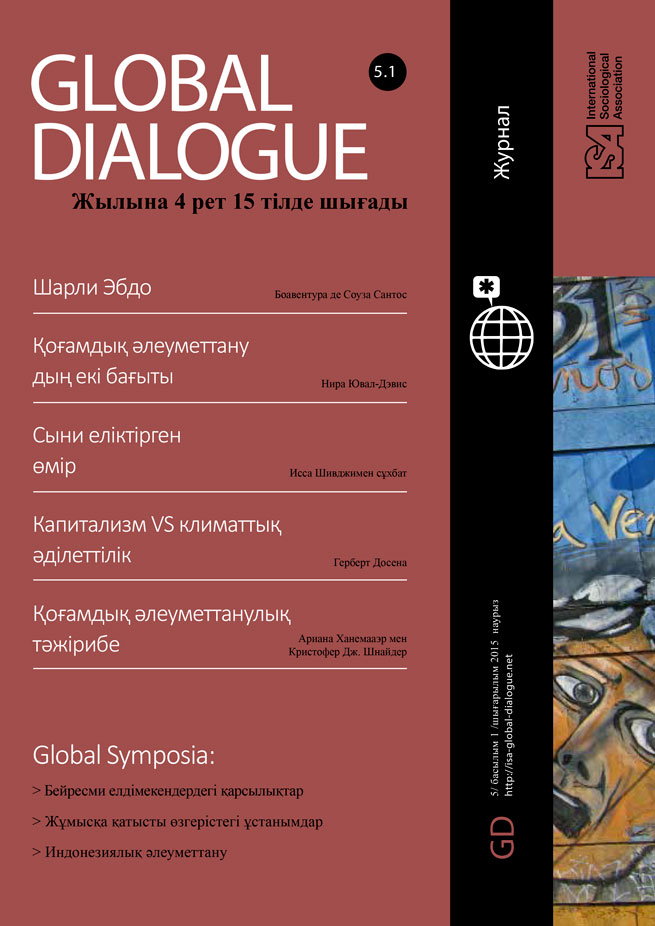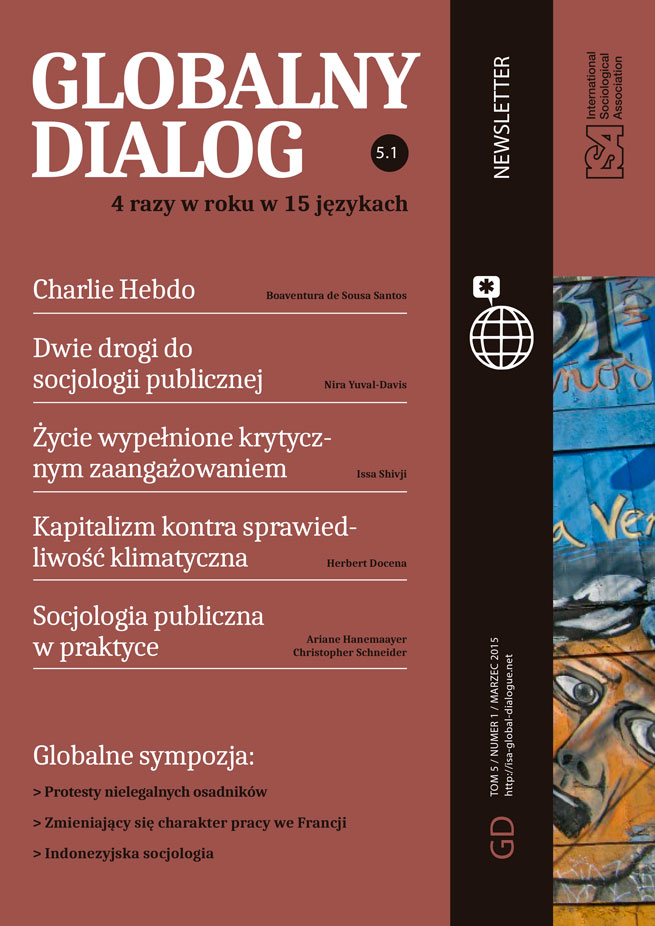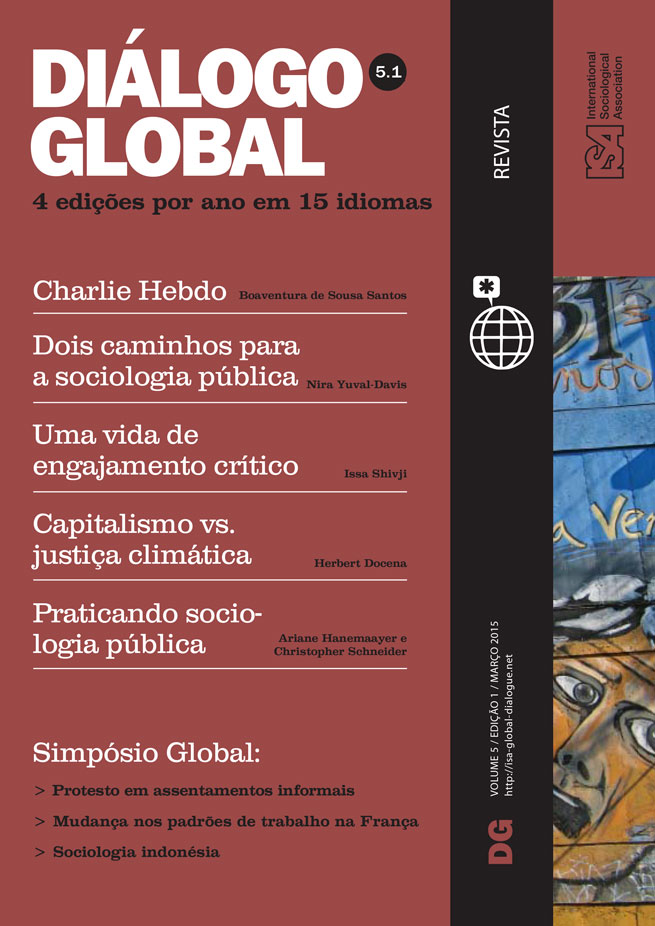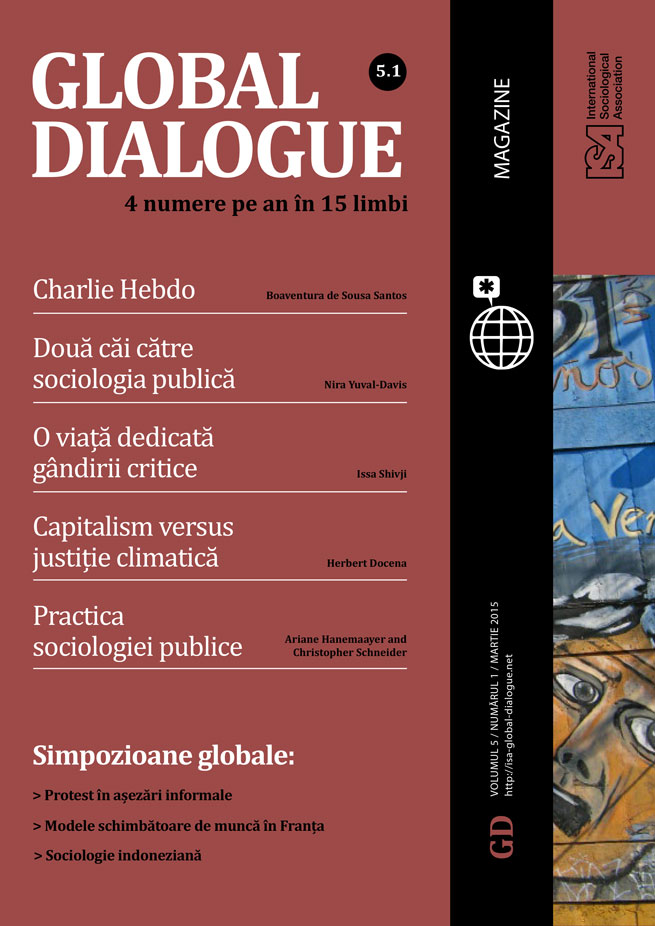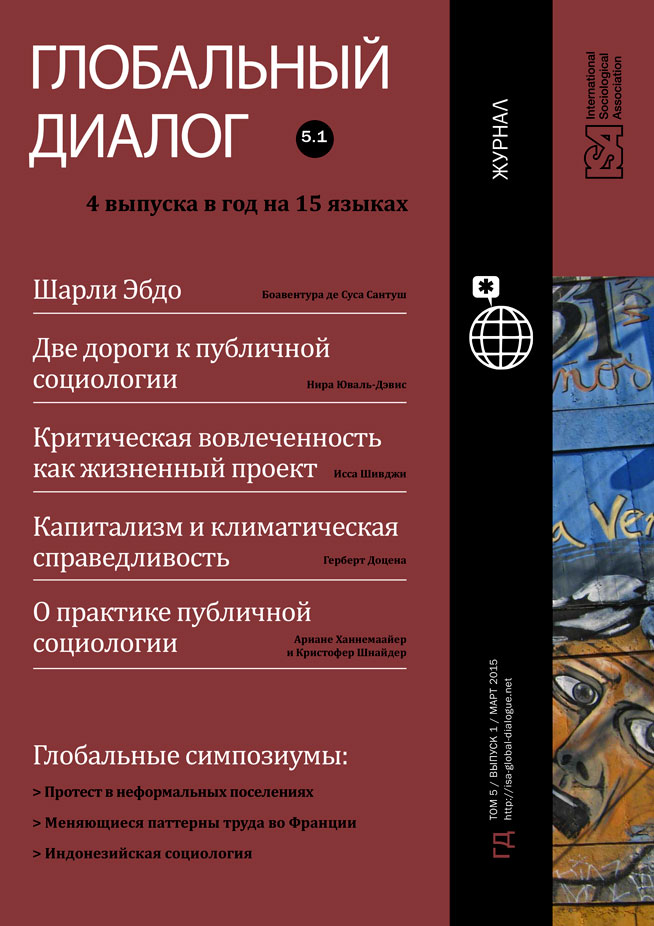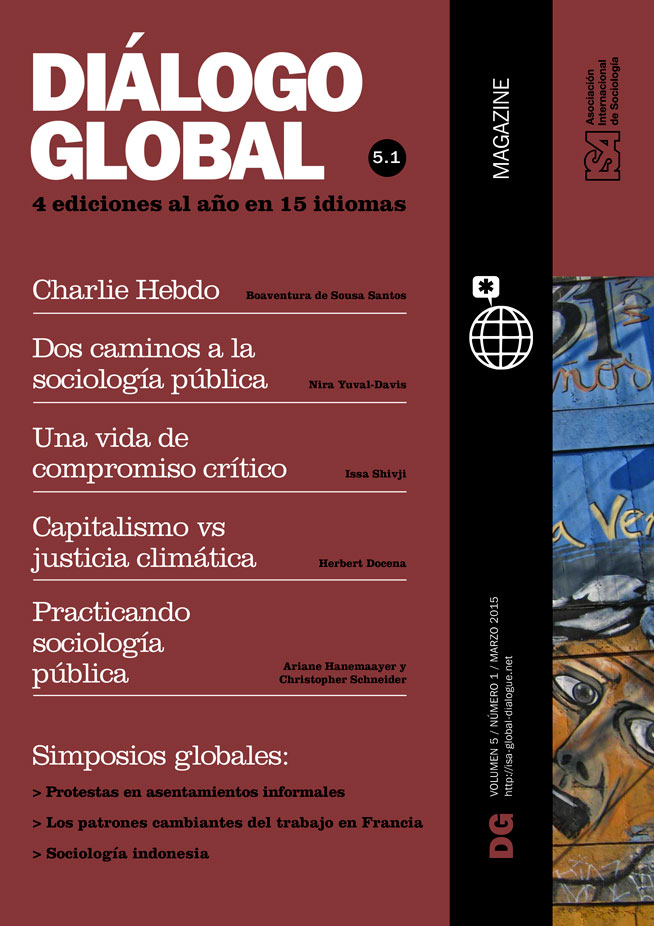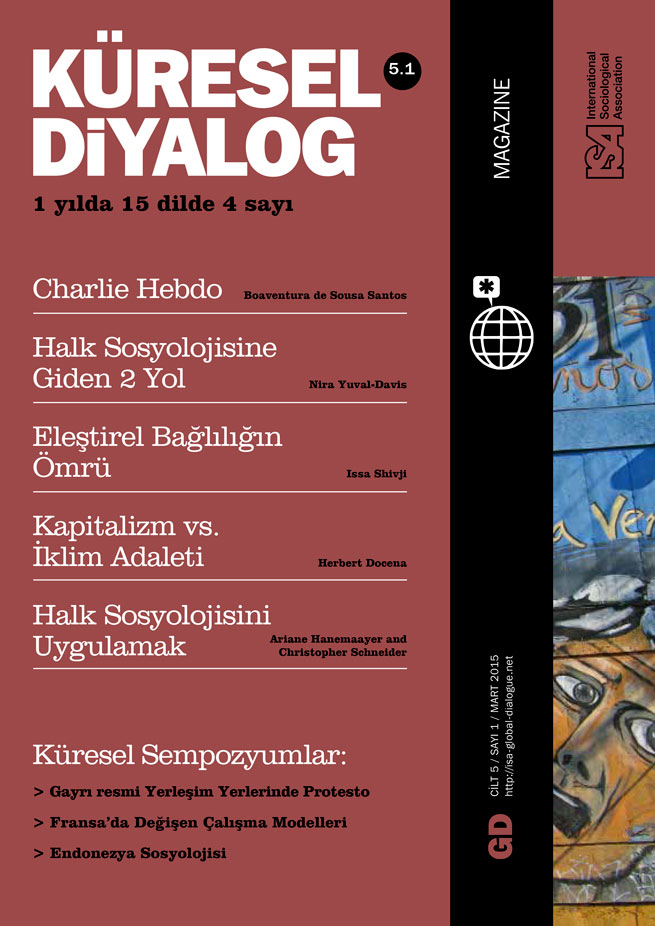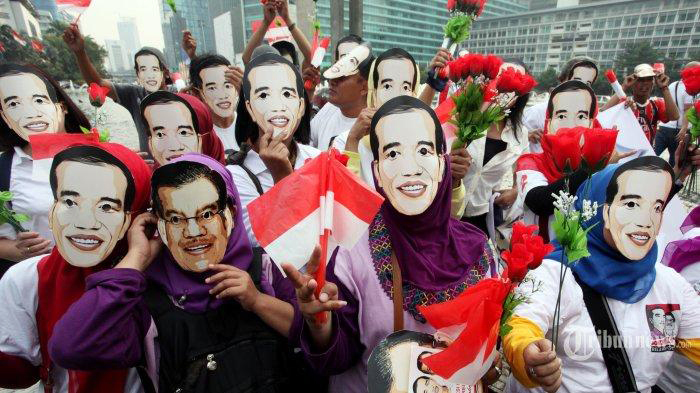“Greetings! Two fingers! Don’t forget to vote for Jokowi!” Slank, a famous rock band, sang with joy and jubilation in support of Indonesia’s presidential candidate Jokowi and his vice-presidential running mate, Jusuf Kalla, at Jakarta’s Bung Karno stadium on July 5, 2014. They were joined by tens of thousands of fellow supporters: young and old, men and women, poor and rich, sang along during the free concert. A few moments later the man they had been waiting for appeared: Jokowi climbed on the stage and greeted his supporters. The atmosphere became electric and clamorous, as the crowds throughout the stadium yelled “Jokowi! Jokowi!” while holding up two fingers.
This year, for the first time, elections in Indonesia were transformed into a “real party for people’s democracy.” The enthusiasm was unstoppable, as countless people participated in a vigorous campaign, engaging in activities that ranged from designing campaign activities to raising more than 295 billion rupiah in donations. On election day, after a vigorous political campaign rejecting the kind of money politics that had previously been accepted as normal practice, people worked together to monitor the elections to prevent fraud.
This is the face of Indonesia’s exciting new democracy: there has been significant change, from a democracy loaded with dirty politics and power-hungry politicians who often resorted to devious practices, to radical democratic reforms aimed at establishing a more civilized and humane democracy. During the recent Indonesian elections, the transaction-based political mobilization often practiced by the elites of political parties has lost popularity and seems on the verge of becoming obsolete. In its place we have witnessed the birth of a new political culture, based on voluntary participation.
What has caused this change? Few observers would have predicted the “reversal” that seemed to occur so suddenly, especially after Indonesia’s long history of dirty politics. Clearly, the “Jokowi Effect” has been a major factor in starting the ball rolling, but particular circumstances seem to have started the winds of change. At a certain point, the universe seemed to say “This is the time” – a time when longings for change were answered, and frustration and disgust at on-going chaos, corruption and political oligarchy reached a climax.
Joko Widodo, better known as Jokowi, has become increasingly popular in the last two years. An entrepreneur who started his political career in 2005 as the mayor of Solo, one of the major cities in Central Java, Jokowi is known as an honest and hardworking man, from a modest background. He is also loved for his humanistic approach in the implementation of government policies, cleaning up corruption in his municipality and working hard to turn the city of Solo into a center of tourism and culture. In 2013, Jokowi was named the third best mayor in the world by the City Mayors Foundation, and in 2014, Jokowi’s name was listed in Fortune magazine’s “50 Greatest World Leaders.”
Jokowi’s success in Solo jump-started his political career. Backed by the Indonesian Democratic Party of Struggle (PDI-P) – the country’s main opposition party – in 2012 he was elected governor of Indonesia’s capital, Jakarta. Together with the deputy governor Tjahaja Basuki Purnama (Ahok), also known for his integrity, Jokowi implemented various new programs, including programs for flood control and traffic congestion – problems which had not previously been taken seriously in this sprawling mega-city. In addition to controlling the river and improving public transport, Jokowi and Ahok also reformed urban planning, health care and education in Jakarta.
As the presidential election approached PDI-P advanced Jokowi as their presidential candidate. He was paired with Jusuf Kalla (JK), a senior politician from the Golkar Party and former vice-president. Jokowi’s vision for Indonesia was packaged as an invitation to start a “Mental Revolution,” as Jokowi invited the people of Indonesia to join his efforts. Anti-corruption and transparency, mutual help, creativity, independence and appreciation of differences are some of the fundamental values that underpin the Mental Revolution.
Once Jokowi and JK were designated as a team, polls showed support continuing to expand, especially from pro-democracy activists, scholars, musicians and artists, young people, students, businessmen and popular classes. These supporters worked in communities voluntarily, willingly, going unpaid; some even spent money from their own pockets. By contrast their political opponents, Prabowo and Hatta, were supported mainly by groups in search of power and money, reactionary groups, and corrupt politicians.
On July 22, 2014, the General Election Commission finally declared victory for Jokowi-JK, who won 53.1% of the vote. The opponents, Prabowo-Hatta, were declared defeated with 47.8% of the vote. Many analysts describe this as a victory of the people, noting that Jokowi-JK’s victory is not directly related to support from political parties. Jokowi-JK’s supporters were predominantly non-partisan: most were not affiliated to a particular political party, and many had not participated actively in previous elections.
Today, we have new hope for a healthy democracy and a politics of dignity for the Indonesian people. The new culture of voluntary participation in the last elections could prove to be an embryo of wider democratic reforms and a first step to social transformation in Indonesia.
Lucia Ratih Kusumadewi, University of Indonesia, Depok, Indonesia, Member of ISA Research Committees on Sociology of Religion (RC22) and Social Classes and Social Movements (RC47) <lucia.ratih@ui.ac.id>
